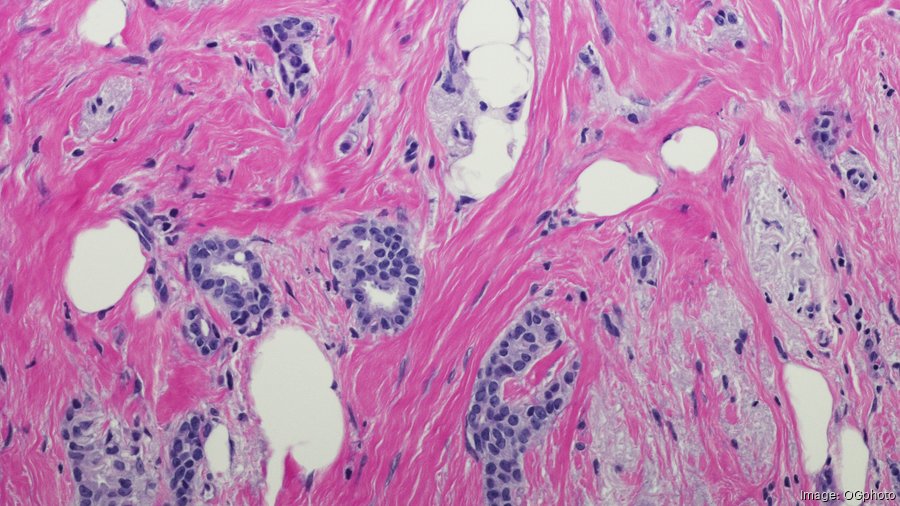After diving into the research behind how one of breast cancer's most effective therapies actually works, Duke University scientists may have made a breakthrough that could result in improved treatments.
Trastuzumab has been used as a breakthrough therapy for HER2-positive breast cancer patients over the past two decades, but how the drug was so effective was largely a mystery.
To enhance that understanding, a research team at the Duke Cancer Institute used mouse models to track mechanisms the drug used to impede tumor growth, and now those models are revealing potential ways therapies could be enhanced.
Zachary Hartman, a Duke School of Medicine assistant professor in the departments of Surgery and Pathology – and corresponding author of the new work published in JCI Insight – says understanding Trastuzumab was an obvious pathway to better understanding effective treatments.
"These antibodies are a great success story," he says. "These cancers used to be basically a death sentence, and now these antibodies were developed and approved about 20 years ago and they've made this remarkable impact. In most solid-cell cancers, there are not very good antibody therapies.
"So part of the question is: well, if these are so great, let's figure out how the heck they work."
The research showed that trastuzumab activates a mechanism known as antibody-dependent phagocytosis – the process by which immune cells consume particles, specifically tumor cells coated with the HER2 antibody.
But researchers also discovered that by adding another antibody to remove a block in the process, they could strongly improve the drug’s anti-tumor ability. Hartman says they believe the discovery could lead to effective therapeutics strategies for future patients.
He says the future research into the potential approaches could be funded through grant funding or through working with industry partners. He says that. eventually, there's a chance they could develop agents to license out to companies or even approach a startup concept.
The research was supported by the National Institutes of Health (NIH) Department of Defense, Merck and Susan G. Komen,



